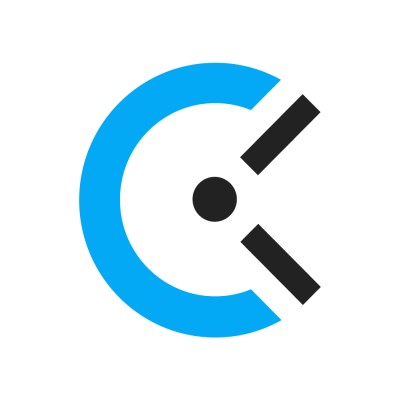Path: blob/master/Clockify/Clockify_Create_time_entries_database_on_workspace.ipynb
4224 views
Kernel: Python 3

Clockify - Create time entries database on a workspace
Tags: #clockify #timeentry #database #workspace #user #create
Author: Florent Ravenel
Last update: 2023-07-26 (Created: 2023-07-26)
Description: This notebook creates a time entries database on a specific timeframe, adding client, project and task name. It is usefull for organizations to track time entries and optimize their workflow.
References:
Input
Import libraries
In [1]:
Setup variables
Get your Clockify API key and set the variables below:
api_key: Clockify API Keyworkspace_id: ID of the workspaceuser_id: ID of the user to get time entries fromstart_date: Start date of the timeframe to create the time entries databaseend_date: End date of the timeframe to create the time entries database
In [5]:
Model
Function: Flatten the nested dict
In [6]:
Function: Get referentials from workspace
In [26]:
Get all users
In [29]:
Get time entries
In [33]:
Get all projects
In [30]:
Get all clients
In [31]:
Output
Create final database
Enrich data with referentials from workspace
In [38]: